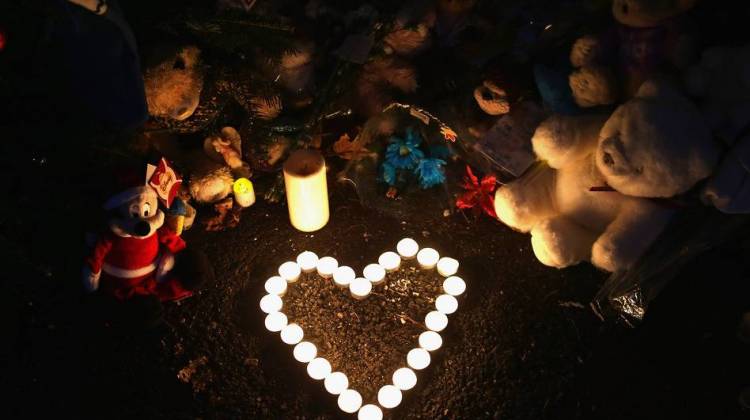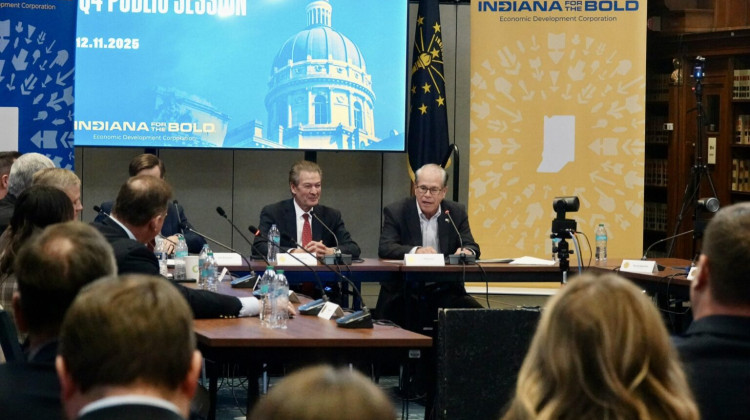The annual number of mass murders and attempted mass murders in the U.S. has tripled since 2008, to 15 last year, according to statistics that the FBI and Justice Department have been citing in recent weeks.
In a new study posted online by the FBI Law Enforcement Bulletin, experts make the case that "police have, generally, done an excellent job responding to active shooter events quickly."
But, they add:
"Fast and effective police response comprises only part of the answer to limiting the damage done during these attacks.
"Also important are the actions that civilians take to protect themselves during the 3 or more minutes that it takes the police to arrive. Civilians need to be trained about what to do if one of these attacks occurs.
"A variety of resources are available at no cost. Federal agencies, including both the FBI and the Department of Homeland Security, Federal Emergency Management Agency, endorse the use of the teaching technique of 'Run, Hide, Fight' to explain to civilians how they can protect themselves and others around them. Police departments and the communities they serve should work together to implement this training."
Two of the study's authors, J. Pete Blair of the Advanced Law Enforcement Rapid Response Training Center at Texas State University and Terry Nichols, a retired commander from the San Marcos, Texas, police department who now works at the response training center, tell Morning Edition's David Greene that it's clear to them that Americans need to think about what they would do if they get caught in such a terrifying event.
We've heard this kind of advice before, of course. In August 2012, as Korva wrote, the city of Houston produced a video about about how to respond to gunfire in a public place. It focused on the "run, hide and fight" techniques. The federal Department of Homeland Security has its "Active Shooter: What You Can Do" course.
The experts who spoke with Morning Edition suggest imagining how you would react if confronted with such a situation at your workplace, home or other locations. They have a three-word action plan as well: "avoid, deny, defend."
"If you can get away" and avoid the situation, Blair says, do so. "If you can't avoid ... we want you to deny [the shooter] access to your location." Think about places that can be barricaded.
But if that's not possible either, "as a last resort, if it comes down to it, defend yourself. ... When you're right there and the violence is happening directly in front of you, it makes sense to get involved."
According to Blair, in "roughly one out of six attacks ... the people on the scene take action and stop the shooter themselves."
"I'm not asking you to be a cop," Nichols adds. "I'm asking you to be prepared. ... Have a role in your own survival."
The key, they say, is to "have a script."
Much more from their conversation with David is planned for Thursday's Morning Edition.
9(MDEwMDc1MzM3MDEzNDczOTA0MDc1MzViMQ001))
 DONATE
DONATE










 Support WFYI. We can't do it without you.
Support WFYI. We can't do it without you.